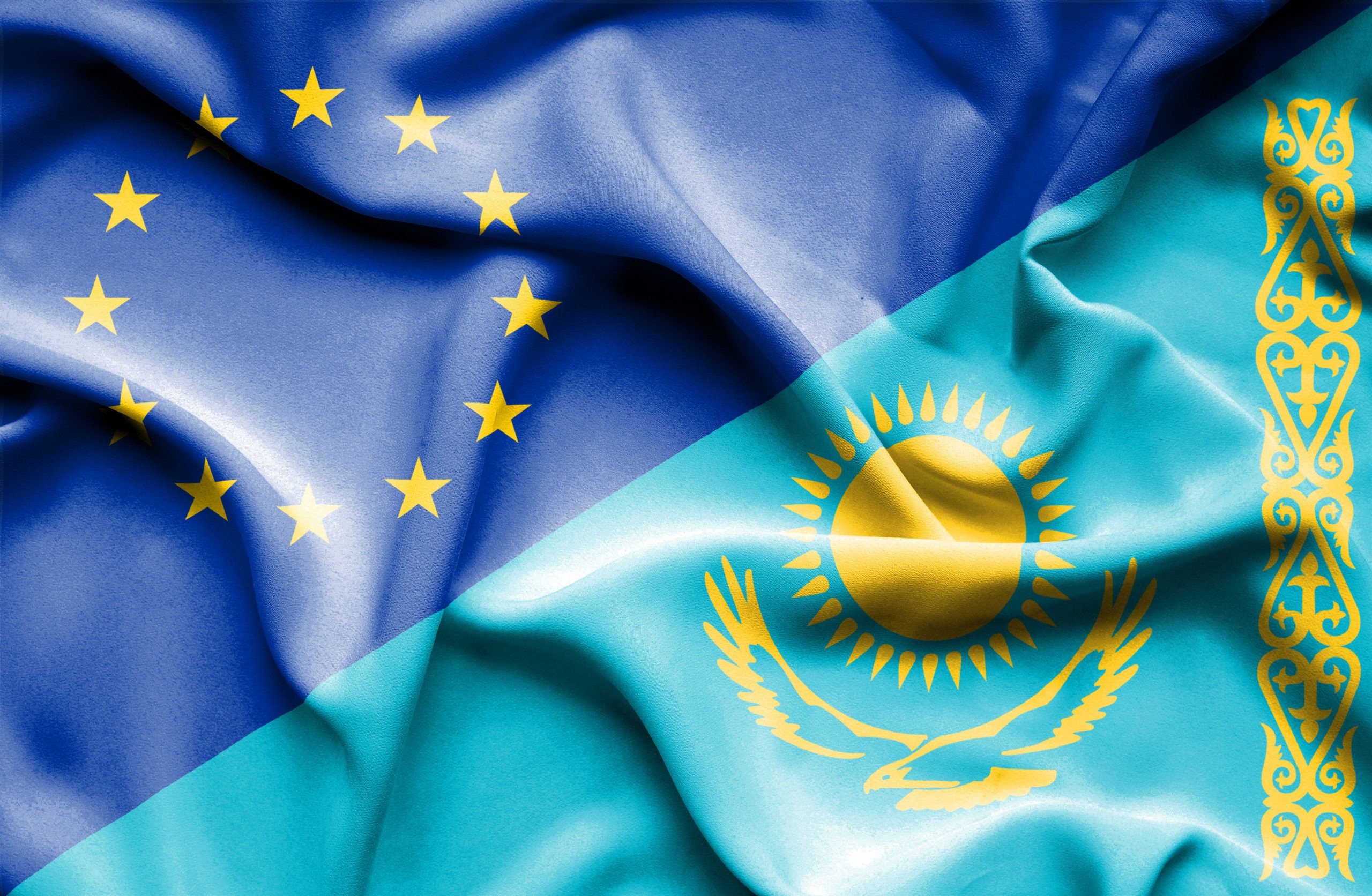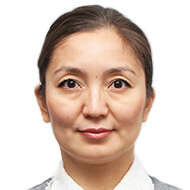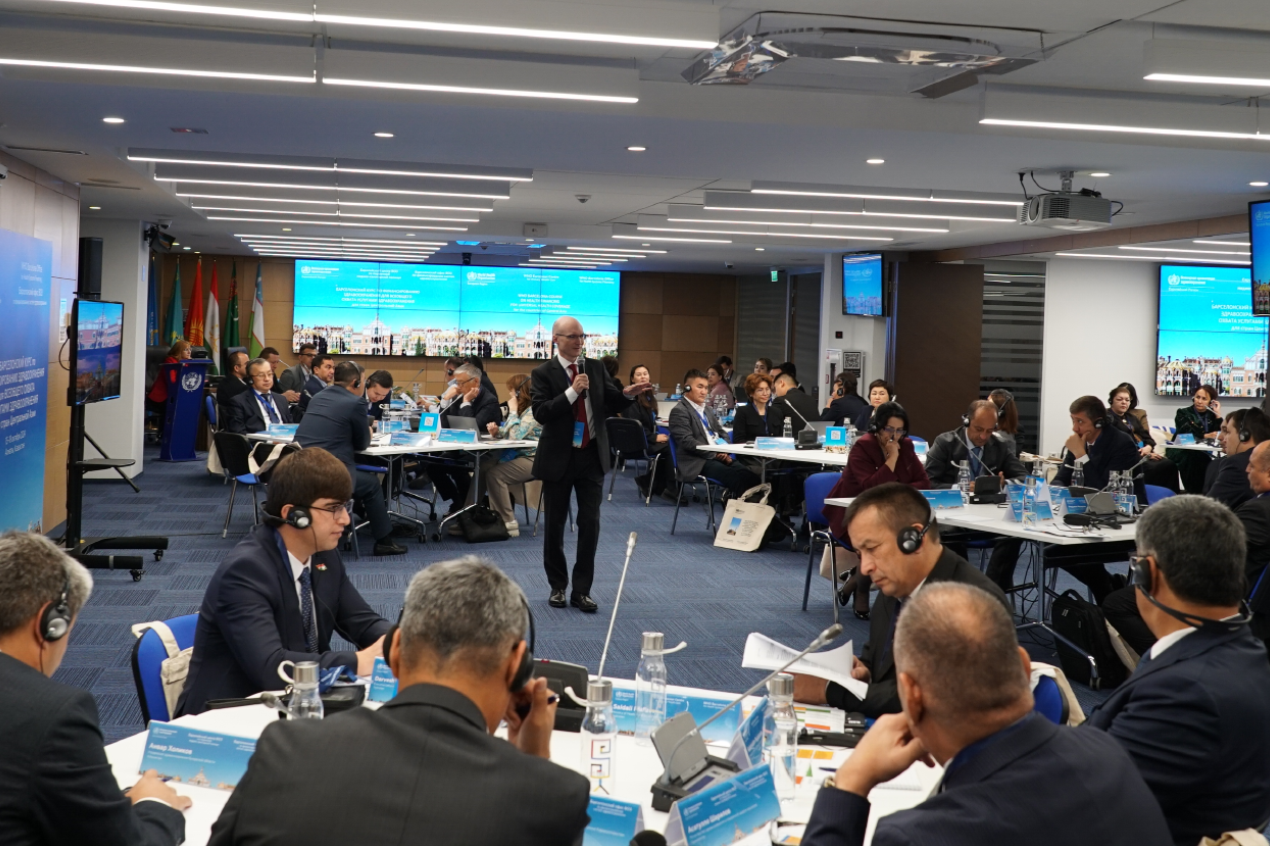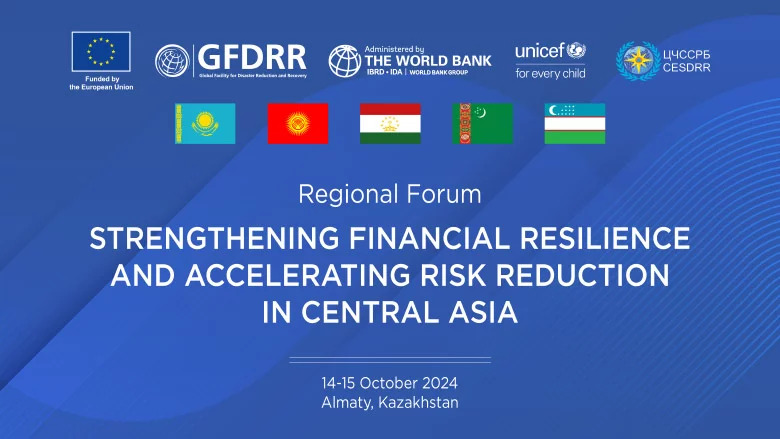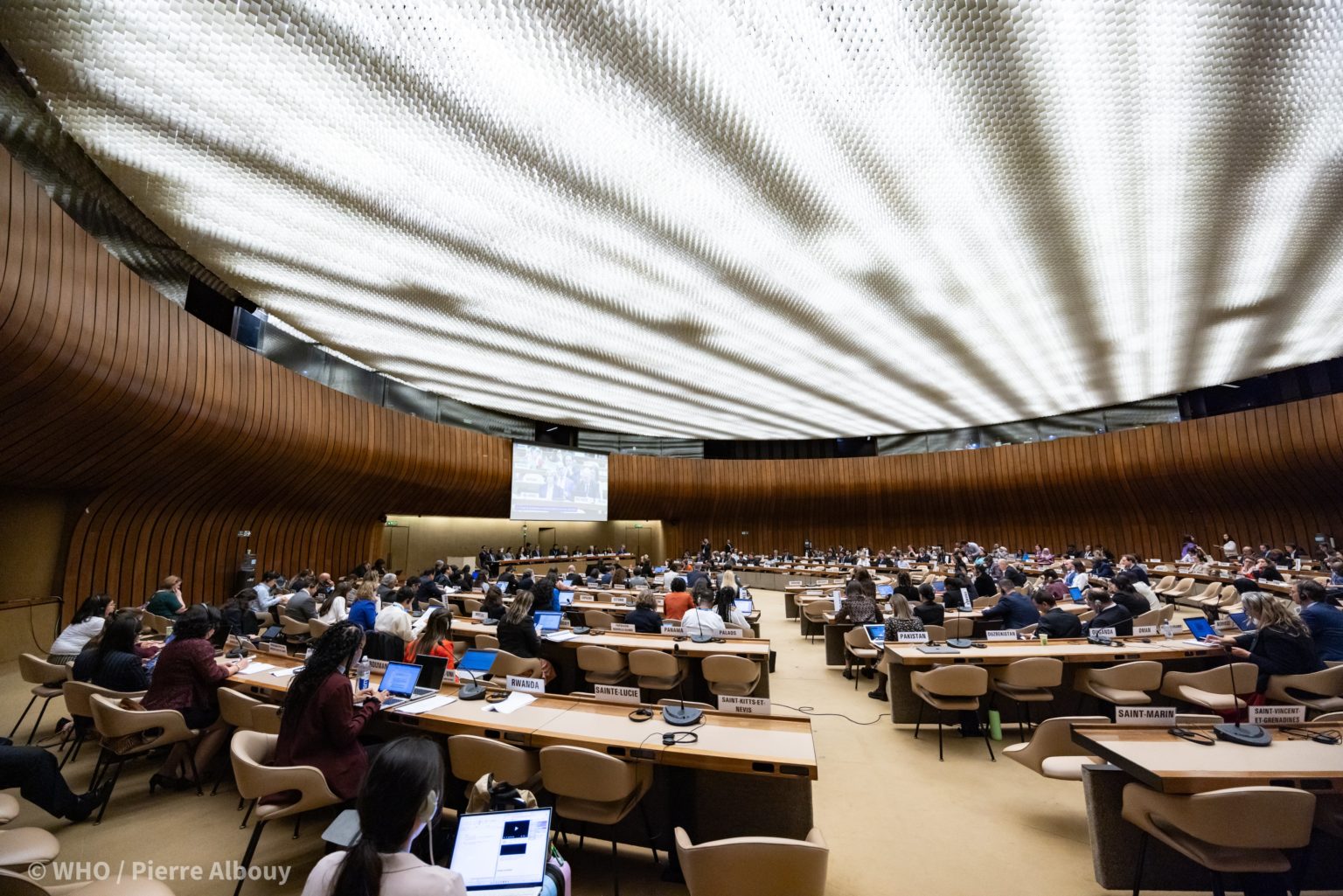Director of the Center for Health Economics at Kazakhstan’s National Research Center for Health Development wrote an article titled “Analysis of healthcare productivity indicators of the Republic of Kazakhstan based on the National Health Accounts” in “The Scientific Heritage,” published in Budapest, Hungary, on March 3, 2023.
Kazakhstan’s Deputy Foreign Minister Roman Vassilenko emphasized the importance of cooperation with the European Union (EU) as a key priority in Kazakhstan’s pragmatic multi-vector foreign policy. Kazakh Deputy Foreign Minister Roman Vassilenko said:
“The EU is Kazakhstan’s largest trade and investment partner, accounting for approximately 40% of the country’s foreign trade and 45% of attracted investments since 2005.”
From January to November 2023, trade turnover between Kazakhstan and the EU reached $37.7 billion, a 3.2% increase from the same period in 2022. Exports accounted for $28.1 billion, while imports stood at $9.6 billion. However, direct foreign investment inflow from the EU decreased by 9% in the first three quarters of 2023, amounting to $7.8 billion. In 2022, EU investments totaled $12.5 billion, a 23% rise from 2021, with major contributions from countries such as the Netherlands, Belgium, France, Germany, and Italy.
Kazakhstan hosts over 3,000 companies with European capital, including major corporations such as Shell, Total, and Alstom. The bilateral relationship has evolved significantly since the first Partnership and Cooperation Agreement in 1995. The Enhanced Partnership and Cooperation Agreement (EPCA), signed in 2015 and enforced in 2020, remains the most comprehensive agreement between the EU and any Central Asian nation, covering 29 cooperation areas.
The partnership has deepened with increased high-level engagements. President Kassym-Jomart Tokayev hosted European Council President Charles Michel in Astana in October 2022, followed by visits from Josep Borrell, the EU’s High Representative for Foreign Affairs. In October 2022, Kazakhstan initiated the first EU-Central Asia Summit in Astana, with the second meeting held in Cholpon-Ata, Kyrgyzstan, in June 2023.
In 2023, Deputy Prime Minister and Foreign Minister Murat Nurtleu strengthened diplomatic ties through visits to Brussels and Luxembourg, meeting key EU leaders and participating in the Kazakhstan-EU Cooperation Council and Central Asia-EU Ministerial Meetings. Almaty hosted the second Central Asia-EU Economic Forum, attended by senior EU representatives. Future visits from European Commission President Ursula von der Leyen and other EU officials are expected in 2024.
Kazakhstan is focusing on fully implementing the EPCA with special emphasis on the economy, trade, investments, transportation, green transition, and critical raw materials. Over the past 15 years, the country has invested $35 billion in transport infrastructure to enhance connectivity across the region.
The Global Gateway Investors Forum held in Brussels in January 2024 highlighted this focus, with EU and international financial institutions committing €10 billion to the development of the Trans-Caspian International Transport Route, which runs through Kazakhstan. Additionally, the European Investment Bank (EIB) signed agreements worth €1.47 billion to support Central Asia’s transport sector.
Kazakhstan and the EU signed four memoranda worth over 800 million euros (US$865.7 million) to develop the transport sector.
“These agreements are aimed at fostering transport connectivity in the region. Minister of Transport of Kazakhstan Marat Karabayev extended a personal invitation to European organizations to participate in the New Silkway forum scheduled for June in Astana,” said Vassilenko.
Minister of Transport Marat Karabayev invited European stakeholders to participate in the New Silkway Forum scheduled for June 2024 in Astana. Plans for a transport sector investment forum later this year further emphasize Kazakhstan’s dedication to enhancing global logistics networks.
Kazakhstan is also advancing collaboration on critical raw materials, driven by the 2022 memorandum of understanding sustainable raw materials, batteries, and renewable hydrogen. Efforts are underway to strengthen value chains in these key areas.
A Horizontal Aviation Agreement is being negotiated to enhance air connectivity between Kazakhstan and the EU. This agreement will open new opportunities for business, tourism, and cultural exchange between citizens.
Vassilenko noted the country is expecting a visit from European experts “for further substantive discussions.
“We hope to conclude these negotiations as soon as possible, allowing Kazakhstan’s citizens to obtain Schengen visas promptly, at a lower cost, and for longer durations. While this is a challenging process, we are steadfastly progressing in this direction, and the support of not only Europeans but also Kazakhstan’s citizens will be crucial in achieving this goal,” he said.
Deputy Foreign Minister Vassilenko anticipates a busy year ahead, marked by bilateral visits and high-profile events aimed at reinforcing the partnership with the EU. These initiatives are critical to Kazakhstan’s economic development, enhanced regional connectivity, and long-term cooperation in strategic sectors.

